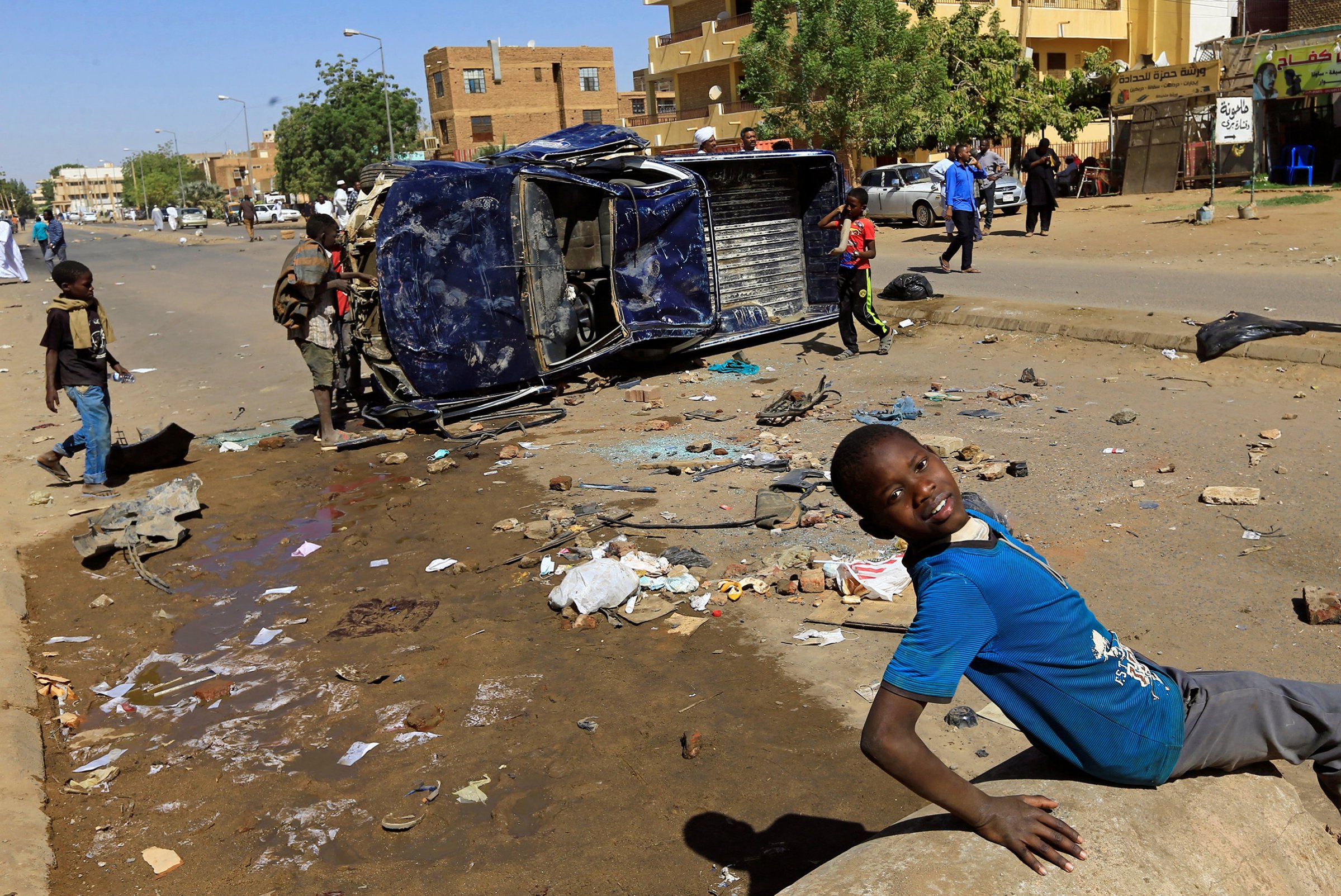
For nearly 30 years, President Omar Hassan al-Bashir has ruled Sudan with an authoritarian zeal that ranks him among the world’s most notorious dictators, accused of severe human-rights abuses, corruption and economic incompetence. Sanctions and condemnation have had little effect, but a popular uprising, now in its second month, is sending cracks through the once unassailable edifice of his regime.
LET THEM EAT BREAD
What began on Dec. 19 as a riot in the city of Atbara over the price of bread soon morphed into a nationwide anti-al-Bashir movement. Throngs of young protesters–Sudan’s median age is 19–have filled the streets, calling for “freedom, peace and justice.” Authorities have arrested more than a thousand and killed 40, according to Amnesty International. But the near daily demonstrations continue. “People are hungry, and they see the looting of the country’s resources by the ruling clique,” said Sudanese-British billionaire Mohammed Ibrahim. “When they are pushed against the wall, they just have nothing to lose.”
SOLIDARITY AT LAST
Al-Bashir’s government is no stranger to unrest, but there are signs that the latest uprising has him rattled. The 75-year-old calls the protesters “traitors” and blames the violence on rebels from Sudan’s Darfur region–a once effective tactic that seems to have lost its teeth. His opponents say diverse ethnic groups are finally united against their President after years of his exploiting divisions. Protesters now chant, “We are all Darfur,” referring to the genocide that in 2009 made al-Bashir the first serving head of state ever to be indicted by the International Criminal Court.
TURNING THE TIDE
The harsh crackdown has drawn the professional classes to the cause; doctors and lawyers are coordinating many of the rallies. Al-Bashir has insisted he will not step down and says only that he will respect the will of the people in elections slated for 2020. But the Sudanese have lost faith in the country’s rigged election system. Now in the streets and sensing weakness, they may not stop until they get the response they are waiting for.
More Must-Reads From TIME
- The 100 Most Influential People of 2024
- Coco Gauff Is Playing for Herself Now
- Scenes From Pro-Palestinian Encampments Across U.S. Universities
- 6 Compliments That Land Every Time
- If You're Dating Right Now , You're Brave: Column
- The AI That Could Heal a Divided Internet
- Fallout Is a Brilliant Model for the Future of Video Game Adaptations
- Want Weekly Recs on What to Watch, Read, and More? Sign Up for Worth Your Time
Contact us at letters@time.com